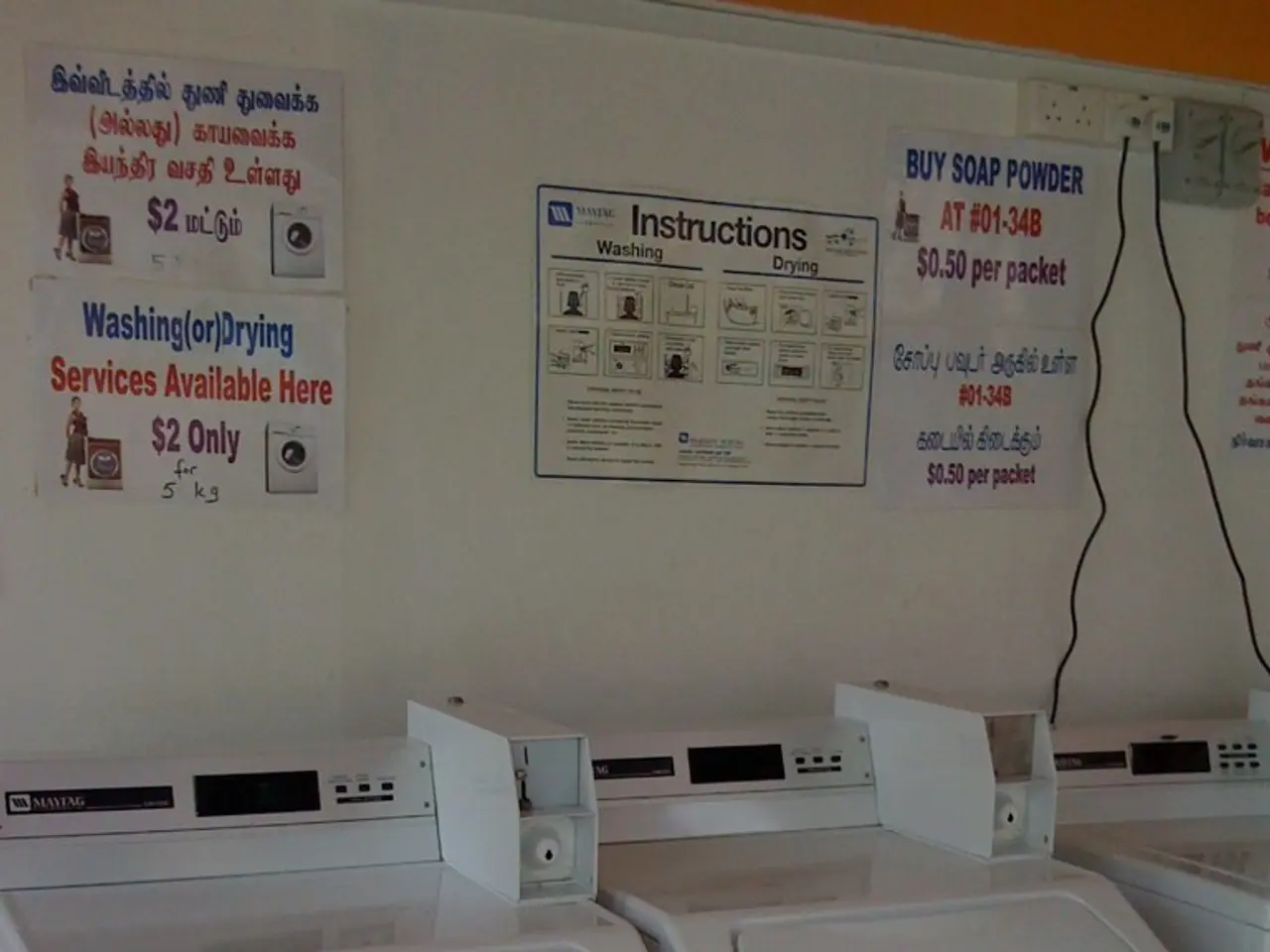Inquiry Reveals Eastern Businesses Harbor Uncertainty Over Economic Policies - Questionnaire Reveals Skepticism Among Eastern Companies Toward Economic Policies
Rewritten Article:
Pessimistic Outlook: Eastern Firms Skeptical About Government's Economic Plan
Businesses in Eastern Germany are harboring doubts about the new federal government's ability to foster economic growth, according to a survey at the recent Economic Forum in Bad Saarow, Brandenburg. hosting meetings featuring entrepreneurs, association representatives, and politicians over three days.
In response to the question, "Do you trust the new federal government to take meaningful steps to stimulate Germany's economic growth?", 58.2% responded with a resounding "no," while 68% and 54.4% expressed the need for less bureaucracy and reduced energy costs, respectively, to strengthen their business locations.
Between March 3 and April 26, the opinions of around 1,500 private companies in Berlin, Brandenburg, Mecklenburg-Vorpommern, Saxony, Saxony-Anhalt, and Thuringia with at least 10 employees were gathered by the polling institute Civey on behalf of the location initiative "Germany - Land of Ideas" and Deutsche Kreditbank AG.
Challenges Ahead
Philipp Mehne, managing director of "Germany - Land of Ideas," stated that the federal government faces an uphill battle in winning back the trust of the companies.
While 52% of respondents cited retaining and hiring employees as their most significant internal challenge, 34.3% highlighted excessive energy prices as their primary concern. Interestingly, 40.3% identified "political radicalization as a regional risk" as their major external challenge.
Awaiting the speakers at the forum are Federal Minister of Economics, Katherina Reiche (CDU), and Federal Minister of Finance, Lars Klingbeil (SPD), scheduled to attend on Monday and Tuesday.
Key Issues:
- Doubts on Economic Policy and Bureaucracy: Businesses in Eastern Germany express concerns about the effectiveness of the new federal government's economic policy, frequently citing bureaucratic red tape as a strain on their operations.
- High Energy Prices: Eastern German companies contend with high energy costs, which are seen as eroding their competitiveness and increasing operational expenses.
- Labor Shortages: Although survey details are scarce, the overall sentiment, combined with known challenges in Eastern Germany, suggests companies grapple with finding suitable employees amid tightening labor markets.
Collectively, the aforementioned issues contribute to uncertainty and cautious optimism about business conditions in Eastern Germany under the current federal government.
- The new federal government's employment policy, as perceived by businesses in Eastern Germany, faces uncertainty due to doubts about its effectiveness in fostering economic growth and addressing bureaucratic red tape.
- The high costs of energy and potential labor shortages are key concerns for businesses in Eastern Germany, affecting their competitiveness and operational expenses, respectively, and contributing to a more guarded outlook on their future business conditions.




